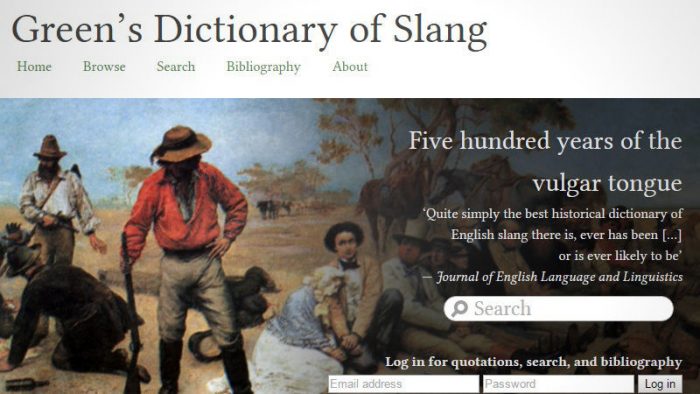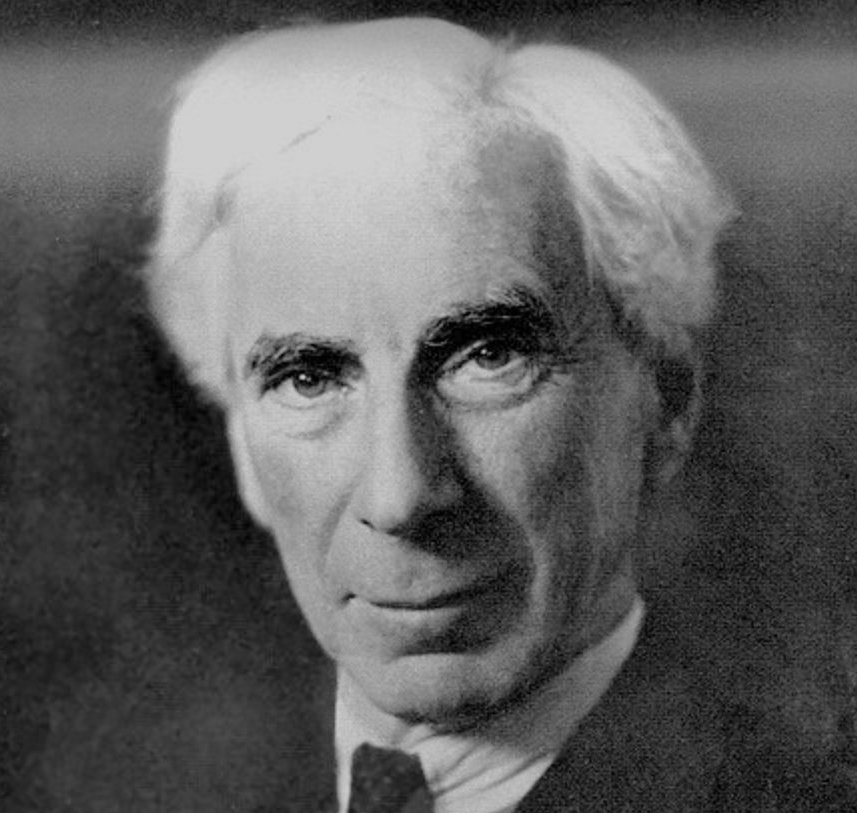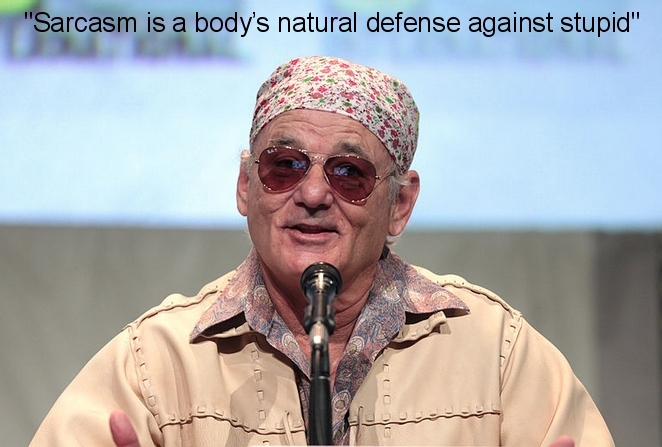
“The three volumes of Green’s Dictionary of Slang demonstrate the sheer scope of a lifetime of research by Jonathon Green, the leading slang lexicographer of our time. A remarkable collection of this often reviled but endlessly fascinating area of the English language, it covers slang from the past five centuries right up to the present day, from all the different English-speaking countries and regions. Totaling 10.3 million words and over 53,000 entries, the collection provides the definitions of 100,000 words and over 413,000 citations. Every word and phrase is authenticated by genuine and fully-referenced citations of its use, giving the work a level of authority and scholarship unmatched by any other publication in this field.”
If you head over to Amazon.com, that’s how you will find Green’s Dictionary of Slang pitched to consumers. The dictionary is an attractive three-volume, hard-bound set. But it comes at a price. $264 for a used edition. $600 for a new one.
Now comes the good news. In October, Green’s Dictionary of Slang became available as a free website, giving you access to an even more updated version of the dictionary. Collectively, the website lets you trace the development of slang over the past 500 years. And, as Mental Floss notes, the site “allows lookups of word definitions and etymologies for free, and, for a well-worth-it subscription fee, it offers citations and more extensive search options.” If you’ve ever wondered about the meaning of words like kidlywink, gollier, and linthead, you now know where to begin.
Related Content:
Oh My God! Winston Churchill Received the First Ever Letter Containing “O.M.G.” (1917)



